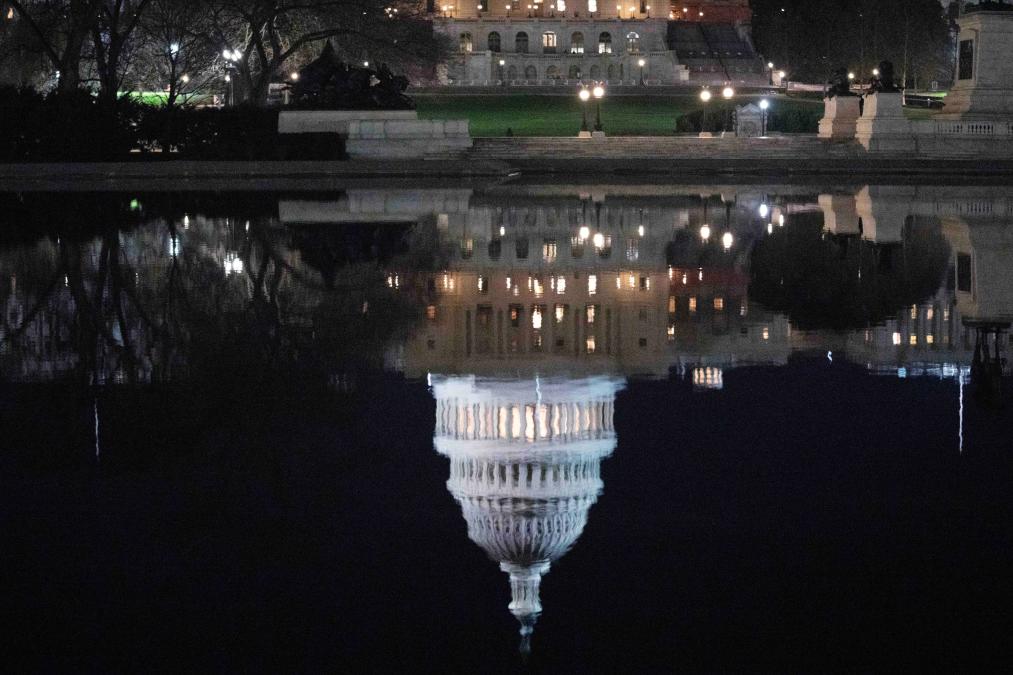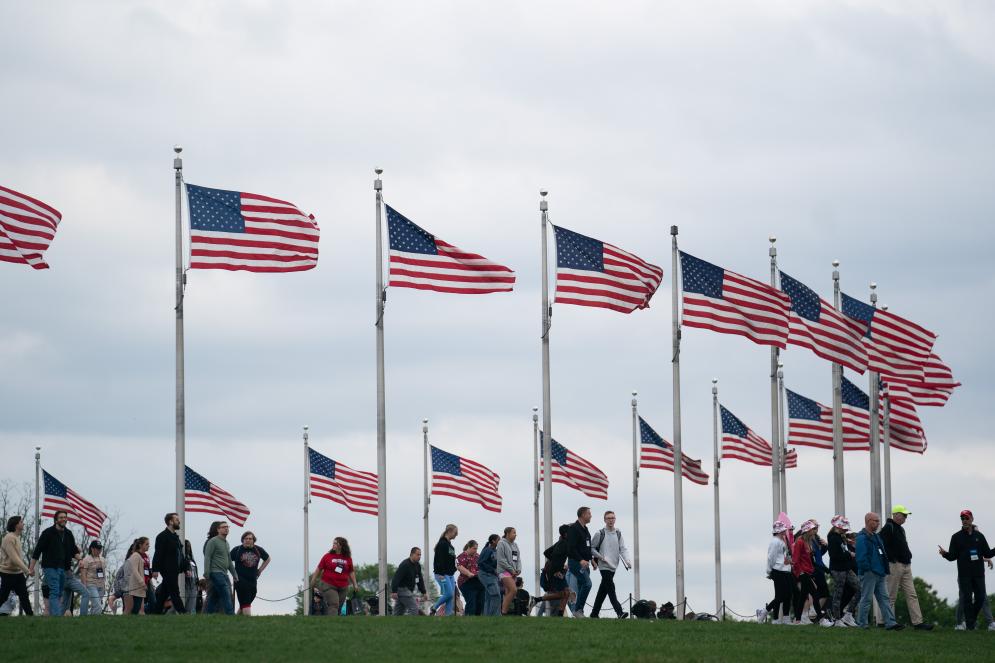Xinhua News Agency, New York, May 21: "Public opinion survey" - a tool for the United States to manipulate public opinion
Xinhua News Agency reporter Xu Xingtang
Recently, the Pew Research Center of the United States conducted another public opinion survey on China's popularity. Sampling data shows that most Americans hold "negative views" on China. The survey was also widely reported by the American media. However, as the so-called public opinion polls in the United States are increasingly being politicized, perhaps people should ask before accepting them, is this true social sentiment and public opinion, or is it helping some American politicians "mislead" public opinion?
In theory, public opinion survey is a means to objectively understand the public's views on a certain issue based on sampling data. However, a careful study of the reports of several well-known American polling institutions will reveal that their polling results are basically ideological. As long as issues such as international image, human rights, international relations and systems are involved, non Western countries, including China, will always be more negative than positive. American pollsters, represented by Pew Research Center, closely follow the foreign policy of the US government, carefully design poll topics and manipulate poll results under the banner of "objectivity", which has actually become an important tool for the US to "mislead" international public opinion.
As the United States intensifies its efforts to suppress and contain China, opinion polls such as Pew and Gallup meet the diplomatic needs of the United States government and create favorable public opinion for the United States hegemony, including the frequent launch of opinion polls against China to guide the public to have a wrong perception of China. For example, when American politicians frequently speak ill of China in Africa, Pacific island countries and other places to try to provoke relations between these countries and China, the Pew Research Center "timely" released a survey report entitled "Americans believe that U.S. aid to developing countries is more beneficial than China's aid". In another survey on the comparison of investment from the United States and China, the result is that most Americans believe that the foreign investment of the United States is beneficial to the local, while the foreign investment of China is harmful to the local. Its essence is to cooperate with the false narrative of the United States to play up the so-called "debt trap" of China.

This is the reflection of the Capitol in the water on February 13 in Washington, the US capital. Photographed by Liu Jie, a reporter from Xinhua News Agency
To sum up, the common routines of some American pollsters are as follows:
The first and most commonly used means is to select targeted respondents. For example, in Pew's annual Global Poll, 16 of the 24 countries that issue the questionnaire are developed countries, almost all of them are US allies, and only 8 countries are developing countries. In the important region of the Middle East, China has a positive image, but only Israel, an ally of the United States, was selected. This sample selection has obvious tendentiousness, which is difficult to reflect the objective balance of the survey data, and the results are naturally not convincing.
The second important means is topic setting. The international surveys conducted by American polling agencies have a clear political tendency. In recent years, the number of polls targeting China has increased significantly, while most American people lack understanding of China, which just provides a space for the polling agencies to manipulate public opinion. The questions they design are often highly inductive, and respondents are more likely to answer the questions according to their design ideas, so as to get the answers they want.

On April 25, tourists visited the National Plaza in Washington, D.C. Photographed by Liu Jie, a reporter from Xinhua News Agency
The third important means is biased interpretation of the poll results. For example, Pew released a poll result in July last year. The title and introduction deliberately highlighted respondents' negative views on China in some aspects. In fact, the results of several sub projects in this survey show that respondents have a positive or very positive view of China. For example, more than half of respondents think that China's scientific and technological progress is very good, and 40% of respondents from developing countries think that China's scientific and technological progress is the best in the world. In terms of economy, most people in the six developing countries surveyed believe that their countries benefit from China's investment. In Nigeria, Kenya and South Africa, the number is more than 70%. However, these sub level contents that are conducive to comprehensive cognition are often deliberately ignored in news reporting.
It can be seen that the behavior of American pollsters cooperating with politicians to discredit China has seriously misled the public, not only harming its business reputation formed over the years, but also having a negative impact on the development of Sino US relations and non-governmental exchanges, and may even lead to illusion and deviation of relevant American policy makers. Over the years, China US relations have experienced twists and turns. Although there are complex international political and economic factors, the polling agencies have added fuel to the flames with rhythm, which deserves vigilance.
Edited by: Shu Mengqing



